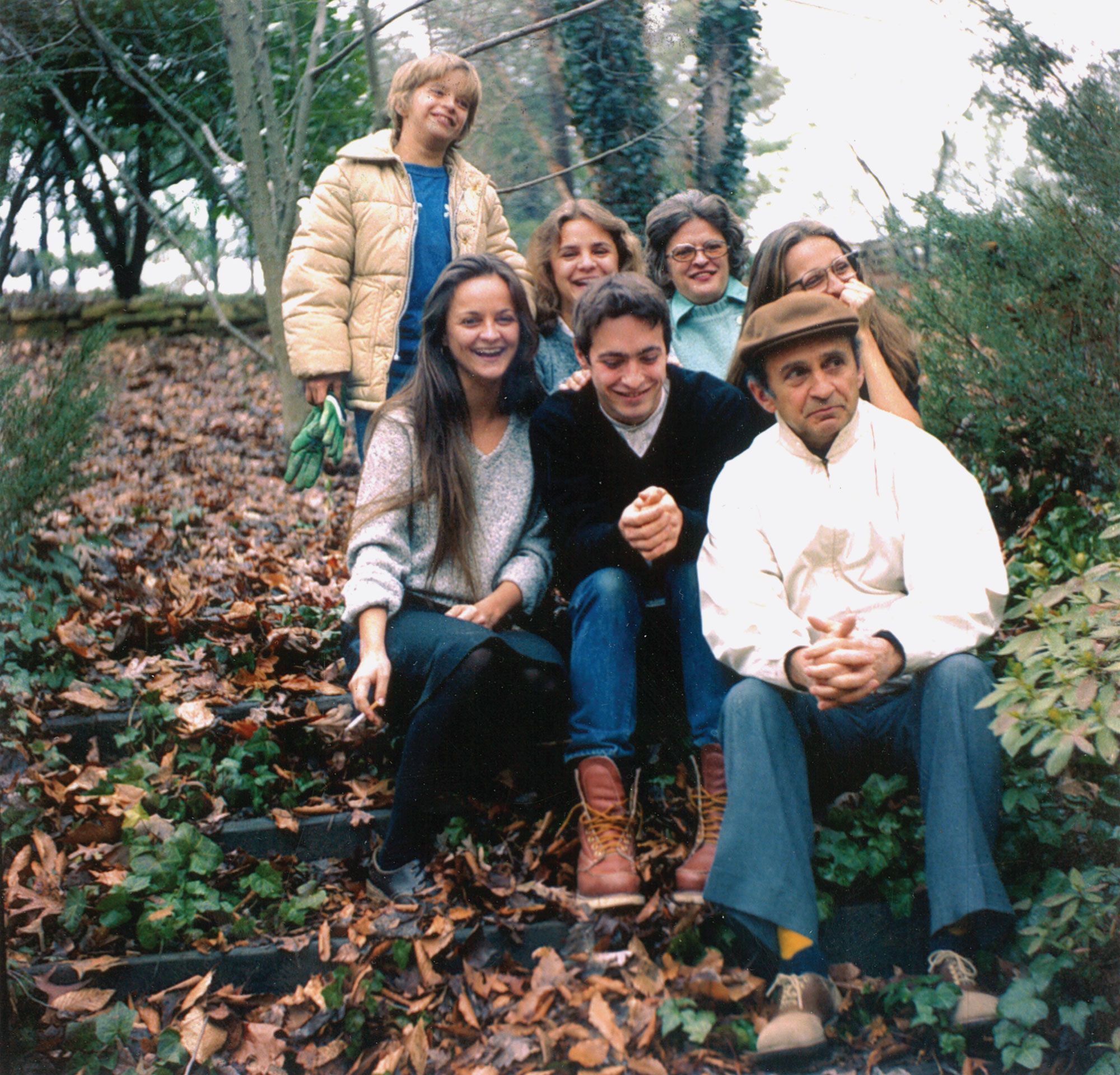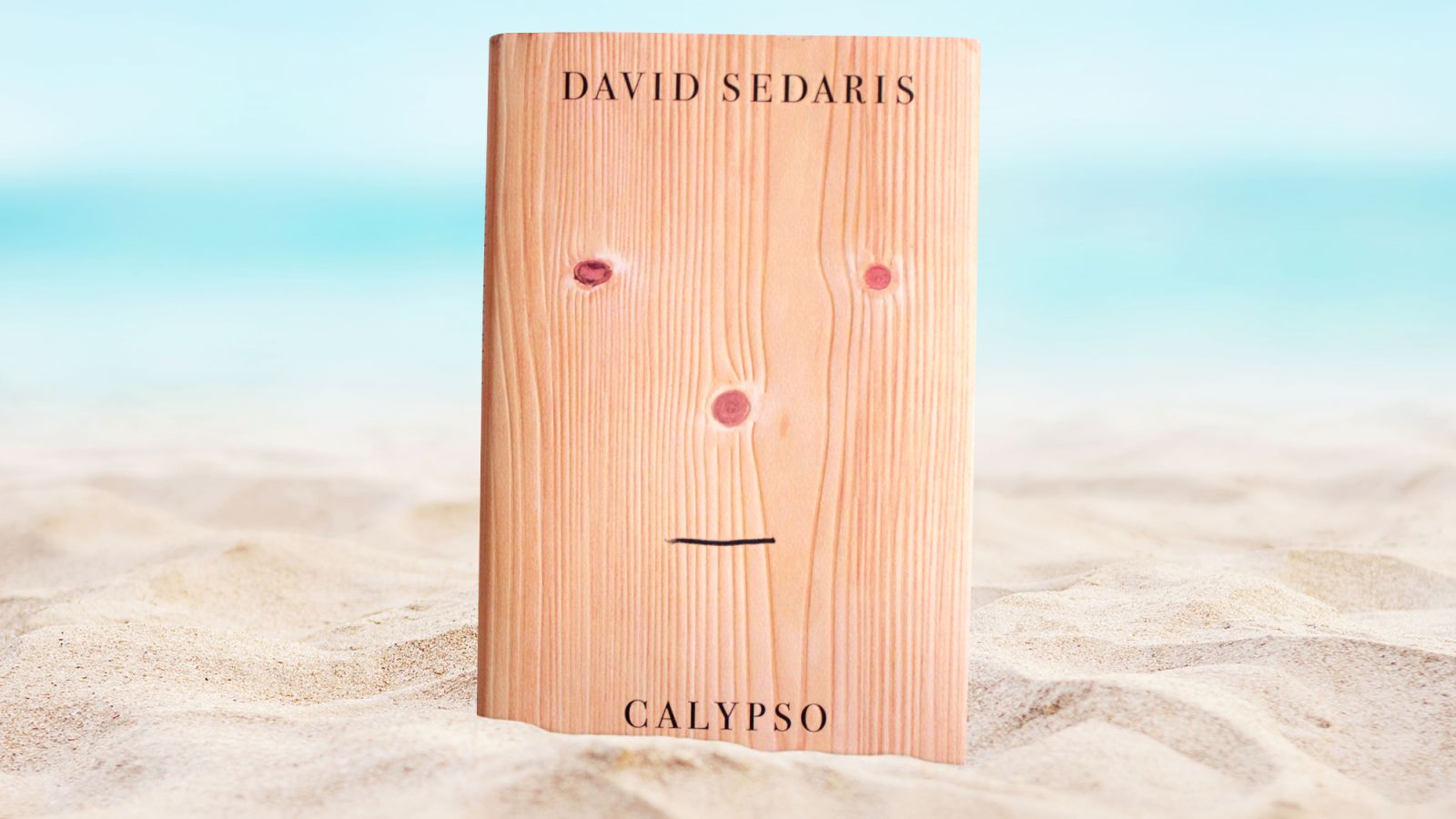As a writing major who thrives off unabashed writing and blunt humor, I was deeply ashamed when acclaimed comedic essayist David Sedaris’ newest book “Calypso” hit the market, and I realized I hadn’t read any of his work. That’s not to say I’ve never heard of him. I mean, anyone venturing into the literary field has at least seen his name floating around.
I even recall my high school English teacher gushing over him as she read excerpts of his aloud, my fellow students staring ahead blankly. But no, it wasn’t until his most recent collection came out that I suddenly felt compelled to read his work. Thank God I did.
Now, as mentioned before, David Sedaris is an author known and beloved by many. With book titles such as “Let’s Discuss Diabetes with Owls” and “Me Talk Pretty One Day,” readers hardly overlook his writing. In fact, Sedaris more or less belongs in his own niche category of authorship. His writing is not only hilarious, but tremendously honest, sometimes even venturing into the terrain of distasteful. This mesh of comedic realism is what shines the most in his new collection, “Calypso.”
At 259 pages, David Sedaris uses his gift of observation and analysis to navigate through the murky, ugly and downright depressing moments that happen as one begins to crawl their way through middle-aged life and down the path to mortality.

The collection of essays, told through Sedaris’ familiar, almost comforting voice, takes readers on a journey through the life of a somewhat strange man and his somewhat close-knit, imperfect family. He embarks upon this theme early in the book when he writes, “Ours [his family] is the only club I’ve ever wanted to be a member of, so I couldn’t imagine quitting.”
Many of the stories take place in Sedaris’ newly purchased beach home in North Carolina, fondly named the “Sea Section,” where the odd bunch of characters that make up the Sedaris’ family are introduced and fleshed out. Whereas many people may imagine a beach house as a reprise from all things stressful and weird, Sedaris’ stories show the impossibility of taking a vacation from all the things that make you “you,” including unavoidable topics such as death.
As much as the family members have fun toiling over rounds of “sorry” and investigating James Comey’s beach house a few blocks over, the inevitable and unavoidable ache of life is always a shadow blanketed over these happy moments. In fact, their lives and collective experiences seem to bend and curve with the ever-present aura of bleakness. David Sedaris doesn’t stray away from this, and, in fact, he embraces it, finding humor in the crappiness of it all.
His humorous, realistic way of living is apparent, too, in Sussex, England, where the author spends most his time. Sedaris comments on his life with his long-time boyfriend, Hugh, and how their relationship has somehow stood the test of time, regardless of their many differences, including how to raise pets — should you let them be fat or healthy? The stories that take place in Sussex are where Sedaris shares more private moments of his independent life.
Readers learn about a man so dedicated to picking up litter that there’s a garbage truck named after him; a man addicted to his Fitbit; a man who names every animal that ventures into his yard. David Sedaris is a weird one, but that only adds to his charm. He does the things and asks the questions readers may never dare explore.
I would be lying if I said this wasn’t a depressing book, but the fact of the matter is, everyone’s lives fluctuate on the scale of sadness. Sedaris’ matter-of-fact acceptance of his own awry life can only be compared to someone placing their hand on your shoulder and saying, “Shit happens,” in the most cynical yet nurturing way possible.
Sure, some of Sedaris’ anecdotes, such as his refusal to talk to his estranged, suicidal sister as she greets him at his stage door, make you double back over the sentence and think, “Damn Sedaris, you really went there,” but the realness of it all makes you okay with it. Ultimately, there is something warm about the rawness of Sedaris’ stories — you are no longer alone in your dysfunction.

This, of course, combined with the usual laugh-out-loud humor of Sedaris’ work, makes the book almost flawless. And yes, it is laugh-out-loud hilarious, not in the slight smirk or giggle under your breath kind of way, but in the “I might wake my brother up if I read one more sentence” kind of way.
Sedaris’ humor is always seamless, nonchalant and like nothing could be explained or observed in any other way. He passes by each shockingly funny comment or story — he literally fed his own tumor to a turtle, guys — like it is the only obvious option to experiencing life. He doesn’t even have to try, because it’s his own truth. He isn’t telling jokes, rather simply explaining what goes on inside his own messed up life.
Life, that’s truly what the collection is about, life and family. Why the book appealed to me and to so many other readers is that you can find yourself and your own family within the chaos and unconditional love of the Sedarises. Like everyone’s, this family has fallen victim to time and age, with David Sedaris even recalling at one point, “that moment in a family’s life when everything is golden,” and comparing it to the bleak future ahead.
However, through the collection he has showcased, the fact that happiness and sadness don’t exist on two separate plains, but are rather two sides of the same coin. There is joy in pain and laughter, too.











